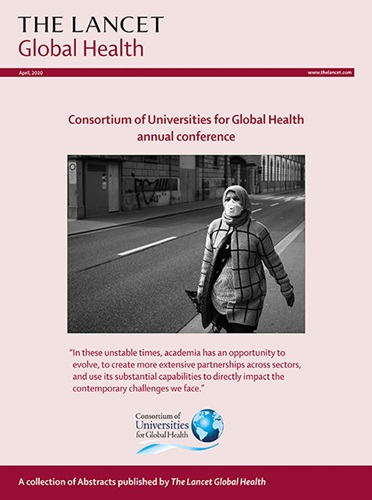A landscape analysis of the vaccine ecosystem in Africa: research and development funding, clinical trials, regulation, and manufacturing readiness.
IF 19.9
1区 医学
Q1 PUBLIC, ENVIRONMENTAL & OCCUPATIONAL HEALTH
引用次数: 0
Abstract
Vaccines are vital for global health, and despite bearing the highest burden of infectious diseases, Africa manufactures less than 1% of its vaccine needs. This Health Policy paper offers an overview of Africa's vaccine ecosystem, examining research and development funding, clinical trials, regulatory maturity, and manufacturing readiness with publicly available data. Funding for research and development (2007-23) was analysed with data from the G-FINDER database, which focuses on diseases disproportionately affecting low-income and middle-income countries. Clinical trial activity (2007-24) was assessed with data from multiple sources. Disease burden context was provided by the Global Burden of Disease Study 2021, and regulatory maturity levels were obtained from WHO's list of National Regulatory Authorities. Findings show that Africa received less than 2% of global vaccine research and development funding, with 95% of that funding channelled through high-income countries. Only 8% of global vaccine clinical trials included sites in Africa. Progress in regulatory and manufacturing capacity is emerging, with eight countries reaching WHO maturity level 3 and several countries planning vaccine production facilities. Our findings highlight the need for better vaccine data in Africa and the opportunity to build on existing strengths to reach enhanced sovereignty and resilient health systems.非洲疫苗生态系统概况分析:研发资金、临床试验、监管和生产准备情况。
疫苗对全球健康至关重要,尽管传染病负担最重,但非洲生产的疫苗不到其疫苗需求的1%。本卫生政策文件概述了非洲的疫苗生态系统,利用公开数据审查了研发资金、临床试验、监管成熟度和生产准备情况。利用G-FINDER数据库的数据分析了研发资金(2007-23年),该数据库侧重于严重影响低收入和中等收入国家的疾病。临床试验活动(2007-24)由多个来源的数据进行评估。疾病负担背景由《2021年全球疾病负担研究》提供,监管成熟度水平来自世卫组织的国家监管机构清单。调查结果显示,非洲获得的疫苗研发资金不到全球的2%,其中95%的资金通过高收入国家提供。只有8%的全球疫苗临床试验在非洲进行。在管理和制造能力方面正在取得进展,八个国家达到世卫组织第三级成熟度,一些国家正在规划疫苗生产设施。我们的研究结果强调了非洲需要更好的疫苗数据,以及利用现有优势实现增强主权和弹性卫生系统的机会。
本文章由计算机程序翻译,如有差异,请以英文原文为准。
求助全文
约1分钟内获得全文
求助全文
来源期刊

Lancet Global Health
PUBLIC, ENVIRONMENTAL & OCCUPATIONAL HEALTH-
CiteScore
44.10
自引率
1.20%
发文量
763
审稿时长
10 weeks
期刊介绍:
The Lancet Global Health is an online publication that releases monthly open access (subscription-free) issues.Each issue includes original research, commentary, and correspondence.In addition to this, the publication also provides regular blog posts.
The main focus of The Lancet Global Health is on disadvantaged populations, which can include both entire economic regions and marginalized groups within prosperous nations.The publication prefers to cover topics related to reproductive, maternal, neonatal, child, and adolescent health; infectious diseases (including neglected tropical diseases); non-communicable diseases; mental health; the global health workforce; health systems; surgery; and health policy.
 求助内容:
求助内容: 应助结果提醒方式:
应助结果提醒方式:


